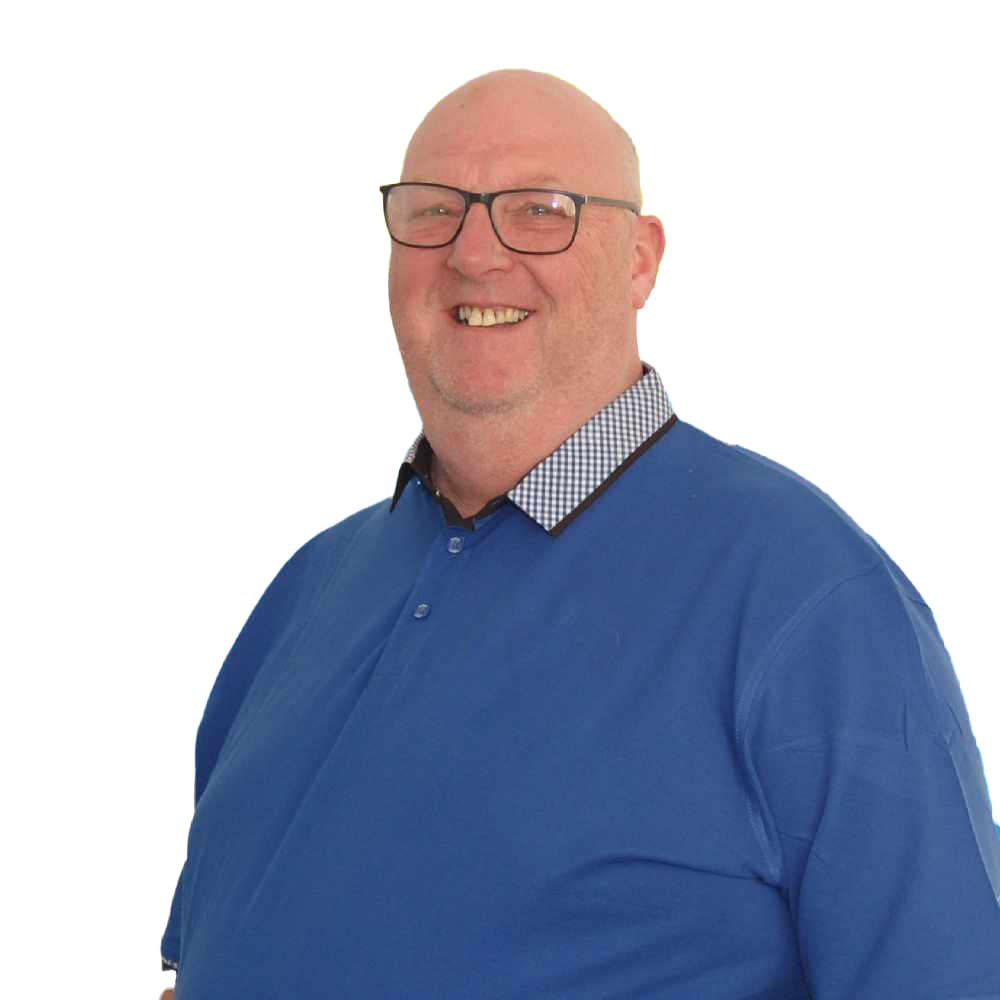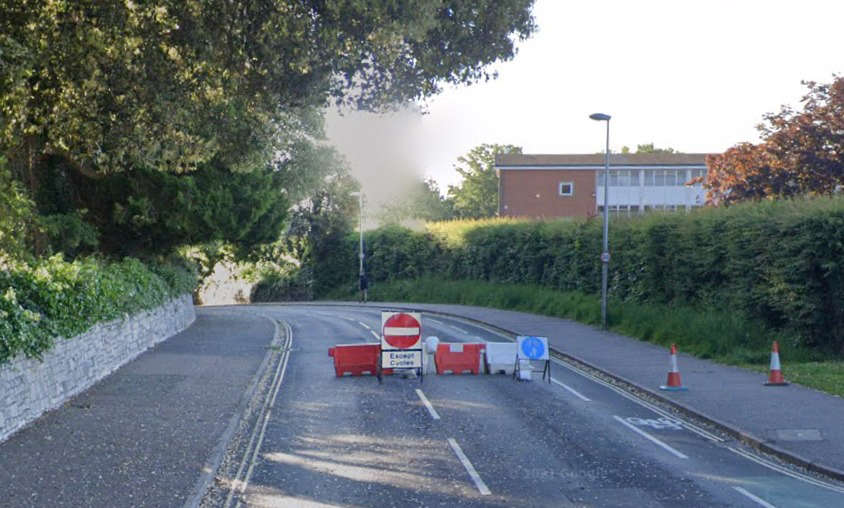
Exeter residents will be asked for their views on the Dryden Road traffic scheme in the New Year, with the response to help determine its future.
The consultation will gather information to help to find a solution to local traffic concerns while still offering safe, attractive routes for people to walk and cycle on Dryden Road, Bovemoors Lane and the surrounding area.
The decision was made at the Exeter Highways and Traffic Orders Committee (HATOC) at County Hall on Thursday (October 9) and it followed a petition presented at the last meeting in July.
At yesterday’s meeting the committee heard a series of impassioned representations from members of the public and Honorary Aldermen which led to a vote by members.
While the committee convenes at County Hall, it includes councillors from both Devon County Council (DCC) and Exeter City Council and it has the power to make some decisions about the City’s roads, independent of DCC’s cabinet.
The discussion at the committee centred on the future of a ‘modal filter’ which was permanently installed on Dryden Road in June 2022.
The filter prevents motor traffic between Well Oak Park and Kipling Drive and that section has gone on to form part of the E9 strategic cycle route linking the city centre, County Hall, the hospital and Pynes Hill.
Its implementation was all part of a scheme funded by Department for Transport during the pandemic and its aim was to reduce through traffic, boost active travel and encourage cycling.
Cycling on Dryden Road has risen with cycle journeys during the morning rush hour increasing on average by almost 18 per cent and with daily totals increasing by 14 per cent.
However, support for the scheme from local people and organisations has been mixed as the residents of the Bovemoors Lane area have reported increased traffic and congestion, the background to the July petition -- and this was acknowledged by the Chair of the Committee Michael Mitchell.
He said: “The future of this scheme is something that many people feel strongly about and some of the evidence for the benefits of the scheme presented is inconclusive.
“Some want its removal, others have sought to find a balanced solution that addresses some operational issues while still achieving the original transport and environmental aims while others want to see the back of it.
“I’m also aware that subsequent feedback from other organisations since this was last discussed in July supports the case for consulting on options.
“Given all this it would be beneficial to understand the views of local people on the scheme and other stakeholders on future available options so they can be considered at a future committee.”
A public consultation on a range of options will take place in the New Year

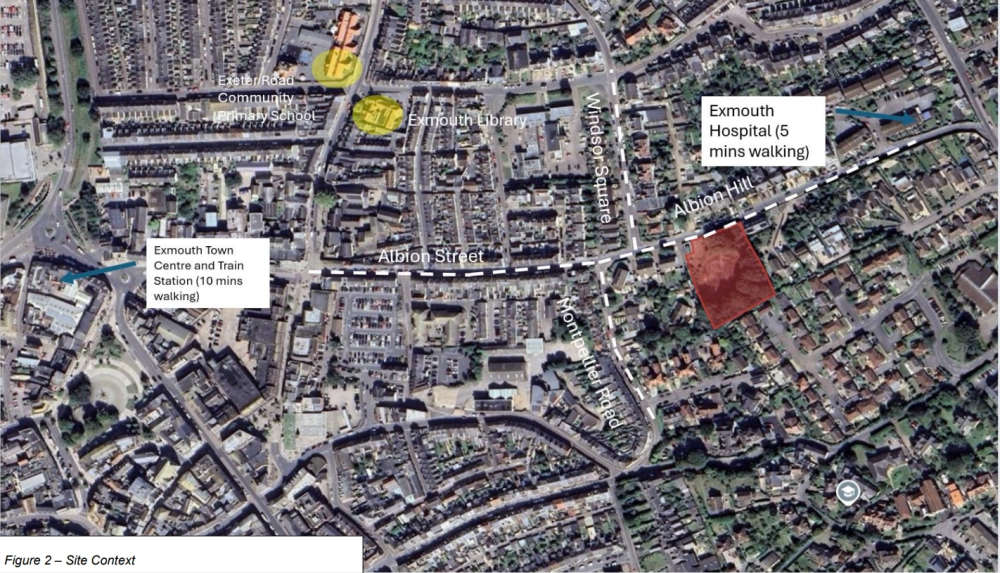 Double apartment block plan for old gas works in Exmouth
Double apartment block plan for old gas works in Exmouth
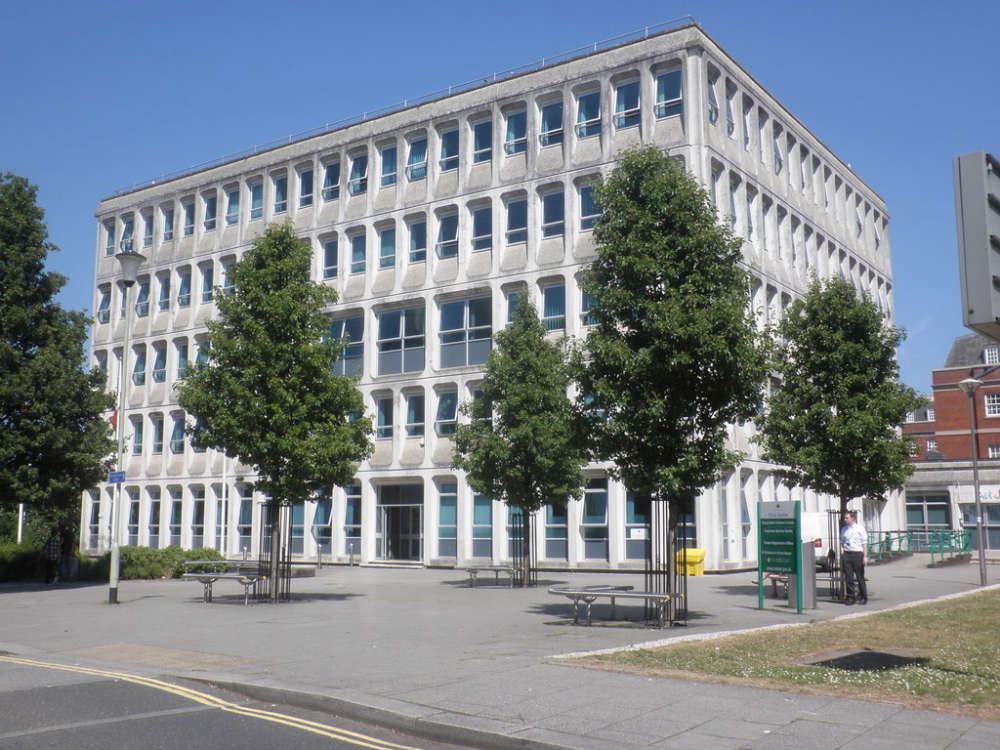 Opponents unite to demand Exeter elections
Opponents unite to demand Exeter elections
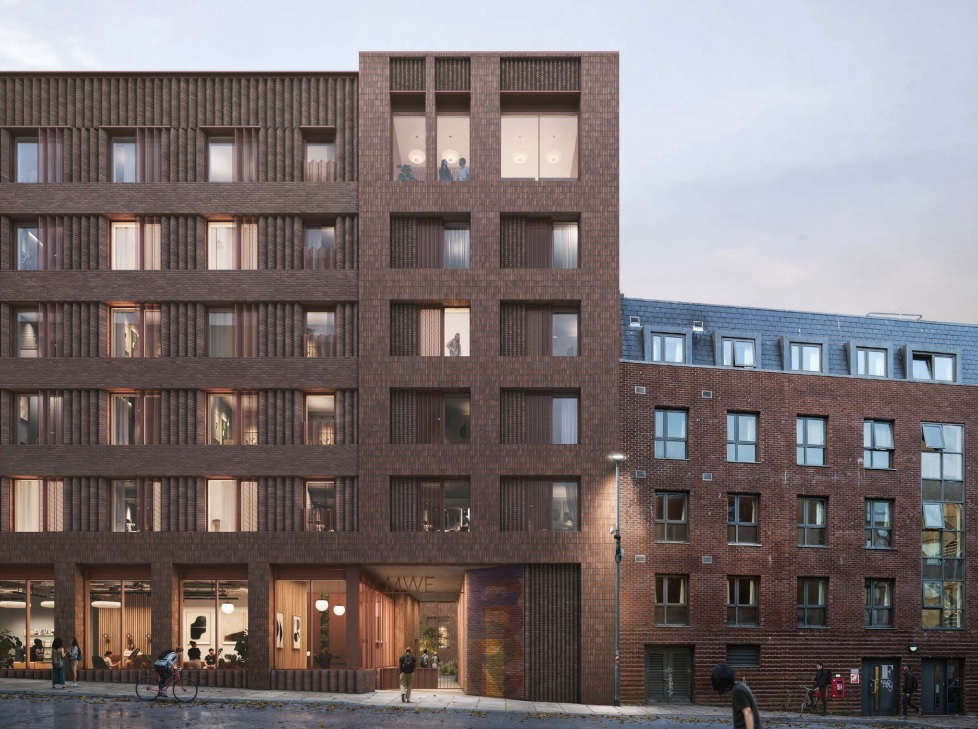 Student homes block will replace former Exeter nightclub
Student homes block will replace former Exeter nightclub
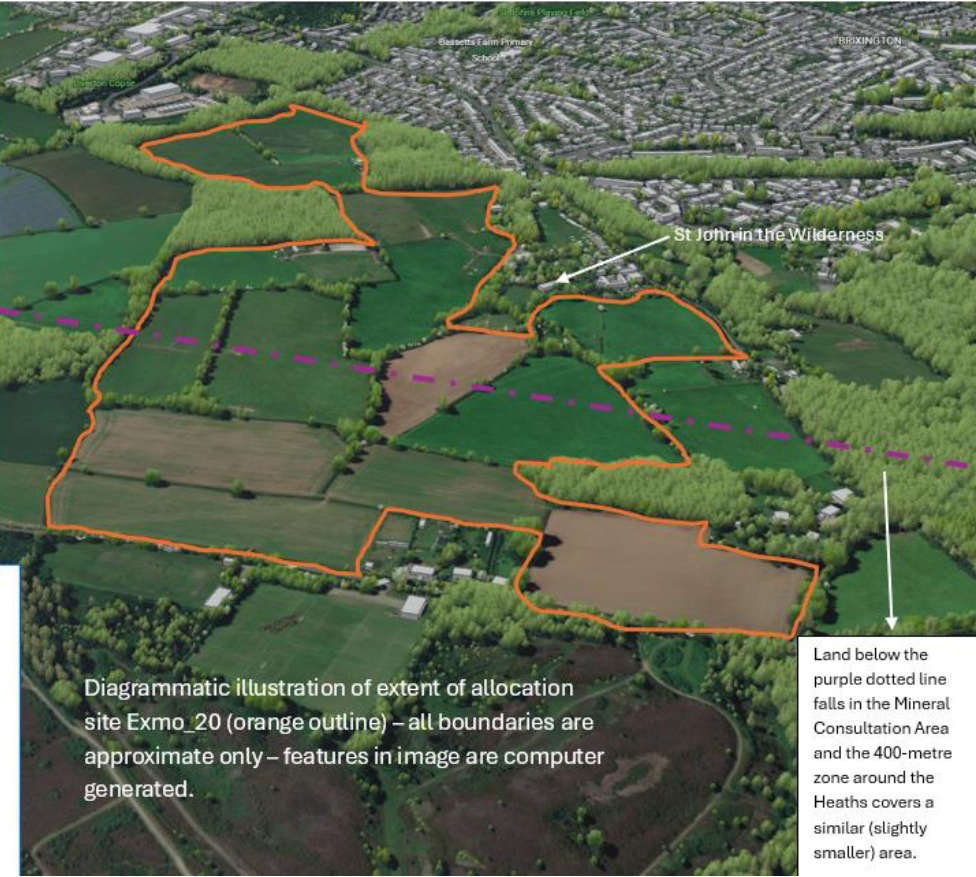 Campaigners push for more opposition to mammoth 700-homes plan in Exmouth
Campaigners push for more opposition to mammoth 700-homes plan in Exmouth
 Exmouth WW2 bomb removed from Exmouth marina and taken out to sea for detonation
Exmouth WW2 bomb removed from Exmouth marina and taken out to sea for detonation
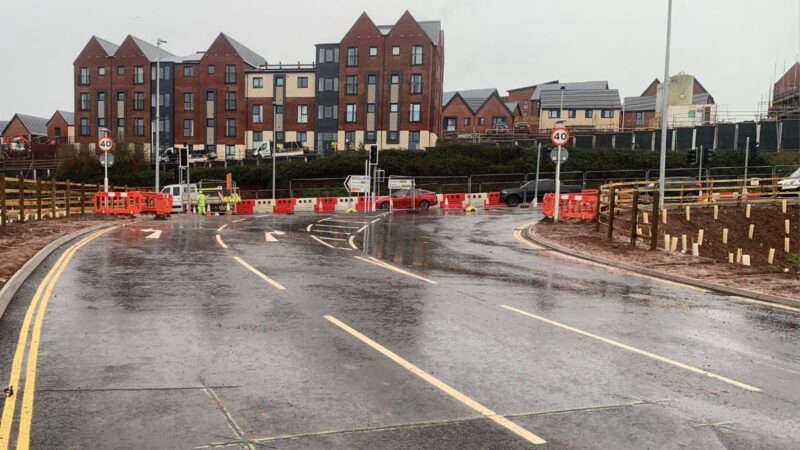 New junction on outskirts of Exeter set to open
New junction on outskirts of Exeter set to open
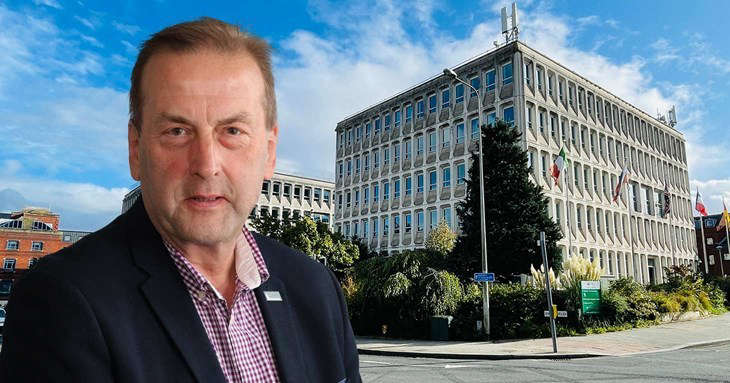 Exeter council leader hits back at election cancellation critics
Exeter council leader hits back at election cancellation critics
 Cordons lifted in Exmouth
Cordons lifted in Exmouth





